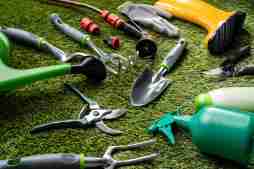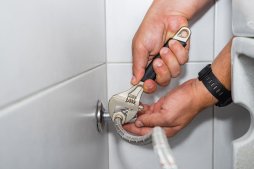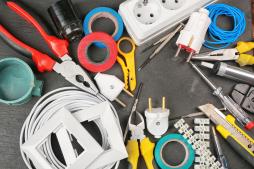Top 5 Common Causes of Water Hammer and How to Resolve Them Quickly
Water hammer is a common plumbing issue that can cause loud banging noises and even damage pipes over time. Understanding the typical causes of water hammer can help you address the problem effectively and protect your home’s plumbing system. In this article, we’ll explore the top five common causes of water hammer and provide practical solutions to fix them quickly.
What Is Water Hammer?
Water hammer occurs when a moving column of water suddenly stops or changes direction, creating a shockwave that produces banging or knocking sounds in your pipes. This phenomenon typically happens when valves close abruptly, such as when you turn off a faucet or an appliance stops using water instantly.
Cause 1: Quick-Closing Valves
Quick-closing valves like those in washing machines or dishwashers cause sudden stops in water flow, leading to pressure surges known as water hammer. To fix this, installing an air chamber or water hammer arrestor near these appliances can absorb the shock, preventing noise and pipe damage.
Cause 2: Lack of Air Chambers or Air Cushioning
Air chambers are small vertical pipes installed near valves designed to cushion the shock wave caused by sudden valve closures. Over time, these chambers can fill with water and lose their effectiveness. Draining your plumbing system periodically or installing modern water hammer arrestors helps restore proper cushioning.
Cause 3: High Water Pressure
Excessively high water pressure can amplify the effects of sudden valve closures, making water hammer more severe. Using a pressure regulator to maintain optimal household pressure (usually between 40-60 psi) is an effective way to reduce occurrences of water hammer.
Cause 4 & 5: Loose Pipes & Pipe Material Issues
Pipes that aren’t securely fastened allow movement during pressure surges, causing banging noises. Additionally, certain pipe materials may transmit noise more readily. Ensuring that pipes are properly anchored with clips or straps reduces movement-related noise. In some cases, switching to plastic piping materials like PEX can lessen noise transmission compared to metal pipes.
By identifying which cause applies to your situation and implementing these fixes—such as adding arrestors, regulating pressure, and securing pipes—you can quickly resolve common causes of water hammer and enjoy a quieter plumbing system with reduced risk of damage.
This text was generated using a large language model, and select text has been reviewed and moderated for purposes such as readability.











